PORTFOLIO
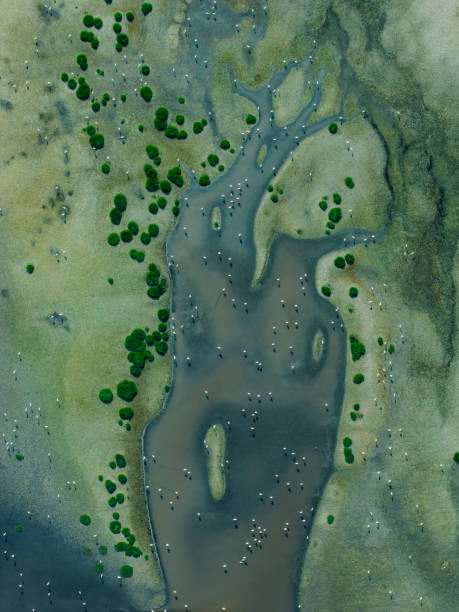
STPI report on nature-based solutions, sponsored by the White House Office of Science and Technology Policy.
Contributions include writing, editing, and fact-checking.
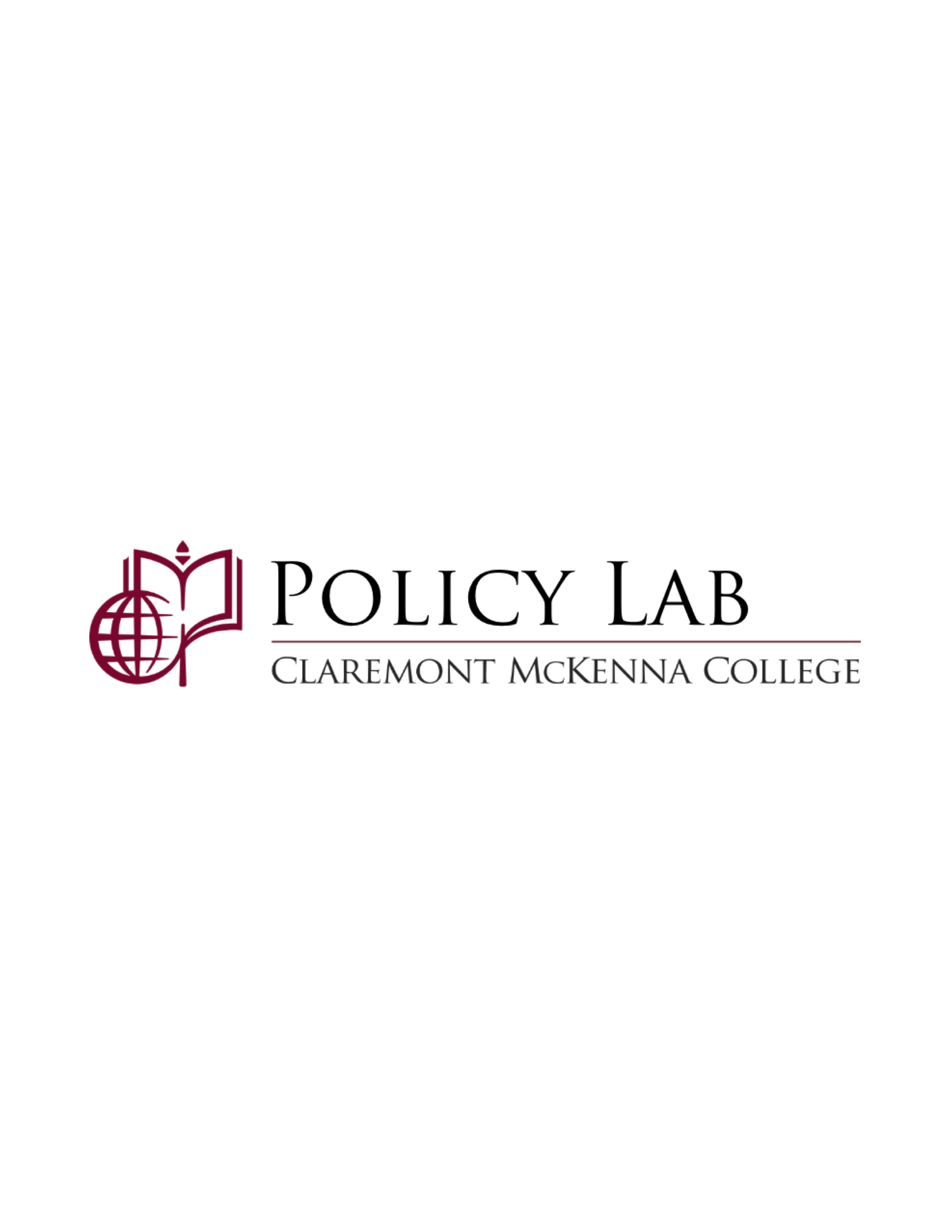
Side project for the Claremont McKenna Policy Lab capstone project on debt collection court cases.
Through this team-based policy analysis project, we investigated how defendant demographics impacted the outcomes of debt collection court cases in California. The project was conducted in partnership with the Los Angeles County Superior Court and the RAND Institute for Civil Justice.
In order to accelerate data collection, I developed a program to automatically extract data from scanned legal documents, which was able to process 350 cases an hour. The pipeline leveraged computer vision techniques and optical character recognition, eliminating the need for manual data collection, which originally took hundreds of people-hours.
Other contributions include literature reviews, data analysis and visualization, and writing.
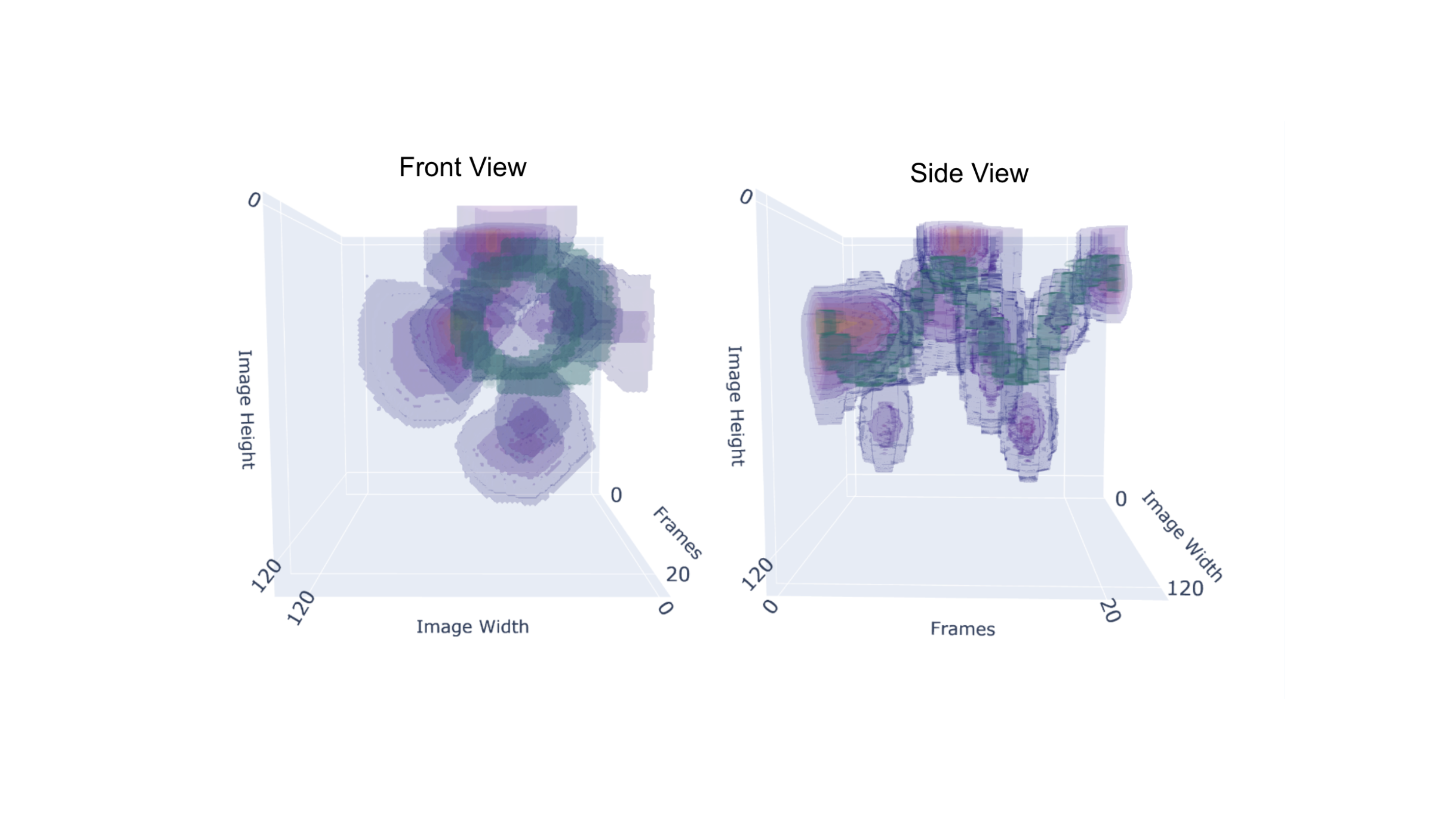
NSF REU-funded research project under Professor Calden Wloka.
Investigated biases towards static and dynamic features in machine-learning models trained for video classification.
As an undergraduate researcher, I implemented key functionality in the analysis pipeline to visualize the behavior of arbitrary neural network video classifiers, ran experiments to measure feature biases, and probed a key mathematical error that I uncovered across many published code implementations of a popular model visualization tool.
Additionally, I strategized research goals and coordinated fellow team members to achieve priorities in parallel.
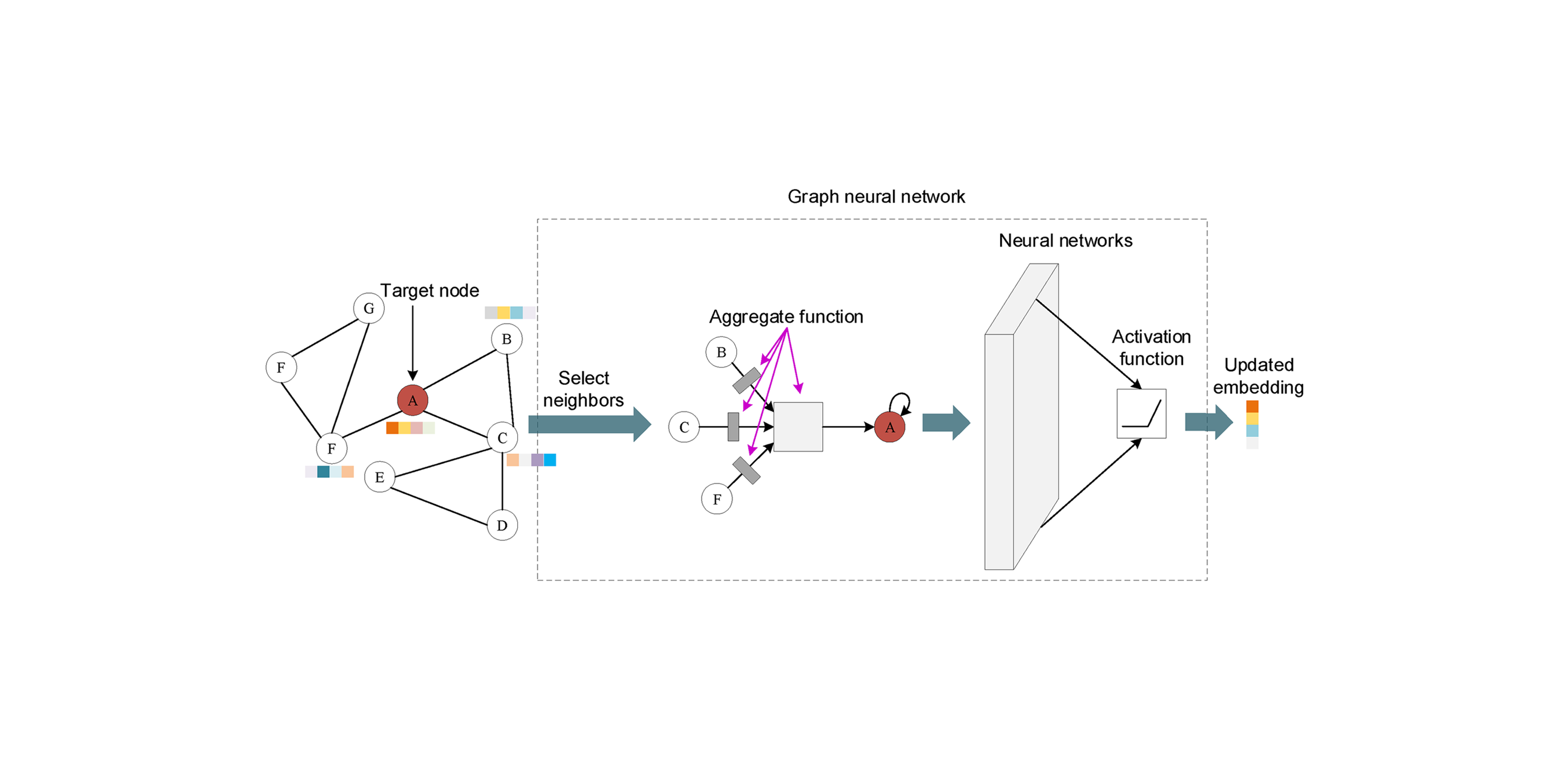
Research project under Professor Sarah Kavassalis.
Investigating the impact of explicitly encoding spatial relationships in graph neural networks to forecast the evolution of nonlinear atmospheric dynamics from the Lorenz-96 model.

Digital flashcards tailored for practicing American Sign
Language (ASL).
Developed using Flask and hosted on AWS.
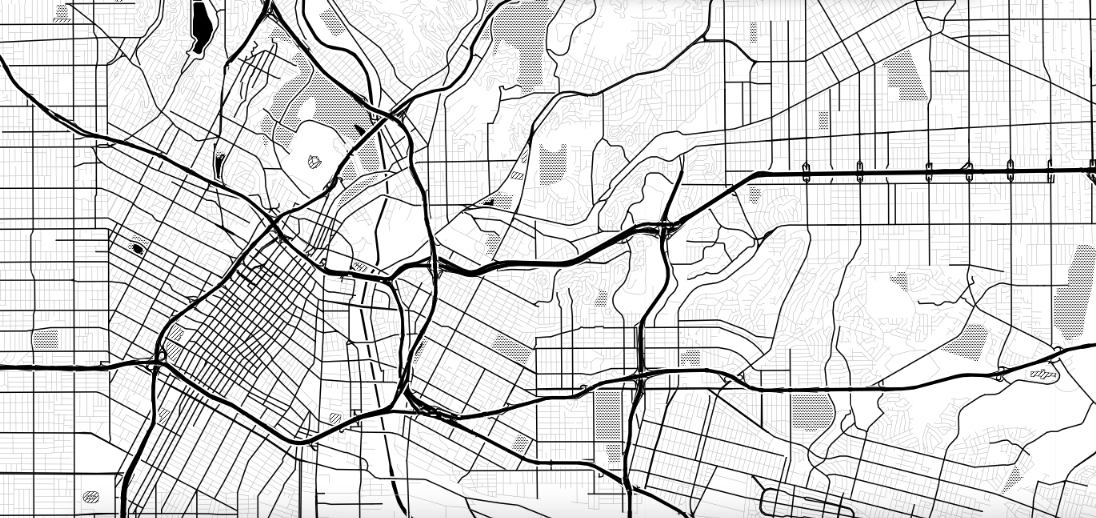
Software SULI internship at the National Renewable Energy
Laboratory under K. Shankari.
As a summer intern, I implemented and analyzed candidate
machine learning pipelines, using clustering and random
forests, to predict characteristics of human travel such as
mode of transportation and purpose of travel. To this end, I
also developed a two-step supervised clustering pipeline which
uses DBSCAN and SVMs to cluster trips geospatially.
These predictions can make unlabeled research data usable for
aggregate analysis; they can also be used as label suggestions
in the NREL OpenPATH data-collection tool to streamline the
labeling process and reduce user burden.
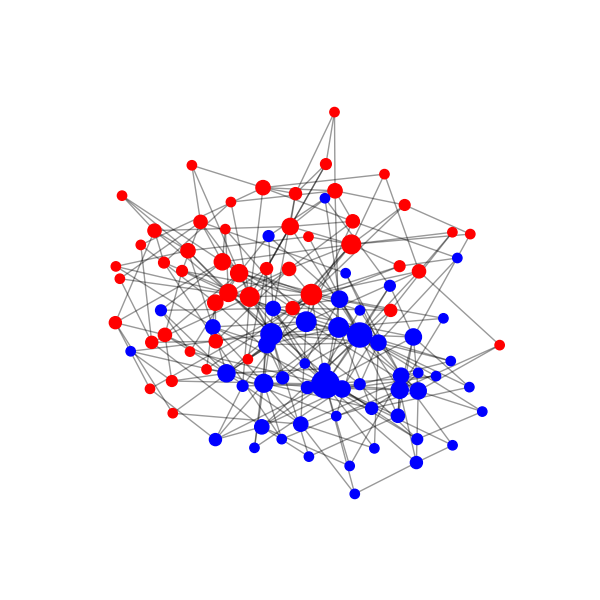
Research project under Professor Susan Martonosi.
Developed simulations to analyze the propagation of
information in a social network; examined how the spread of
news was affected by the truthfulness and political bias of
news articles, as well as readership bias and social network
structure.
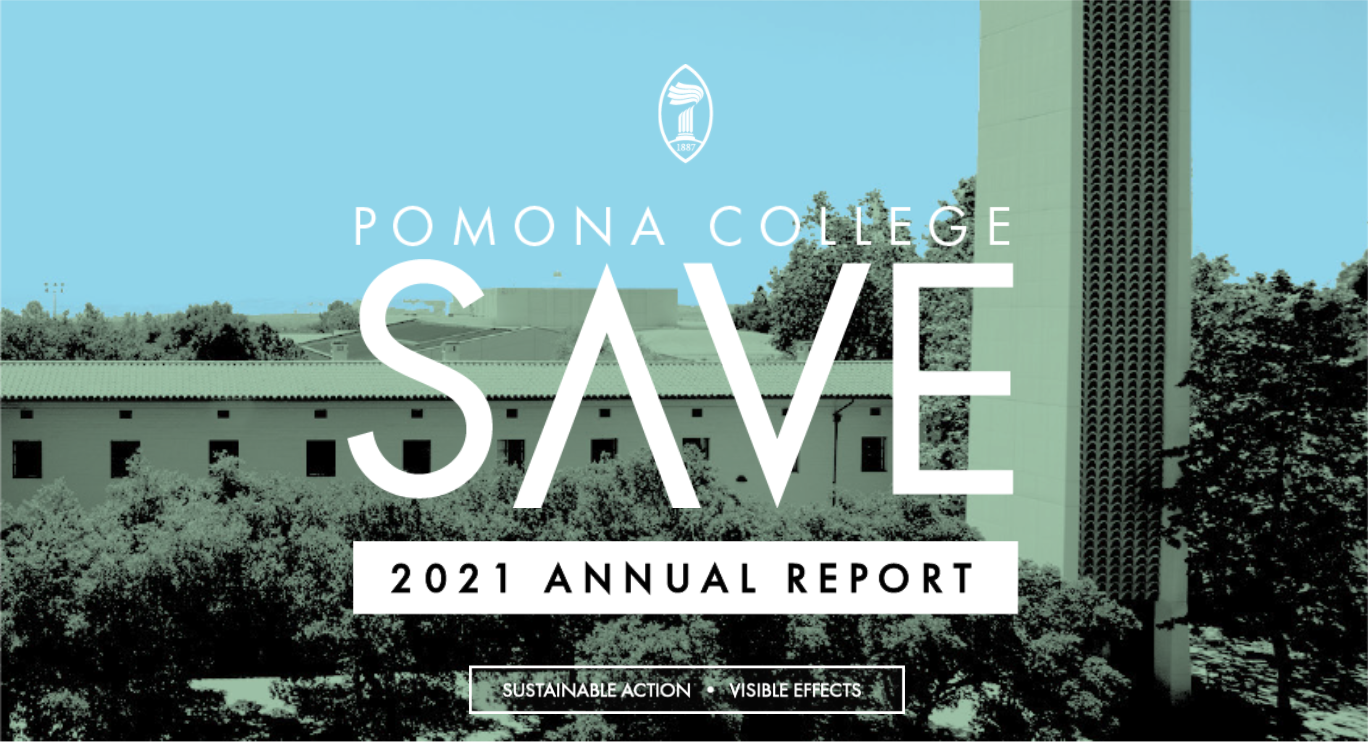
Data analysis and design at Pomona's Sustainability Office.
This is the annual evaluation of Pomona's performance on
sustainability metrics, newly presented as an interactive
report on Tableau. The 2021 report provides a unique look into
the College's 'baseline' measurements during a year of fully
remote learning, and lends insight on the effects of human
behavior versus infrastructure.